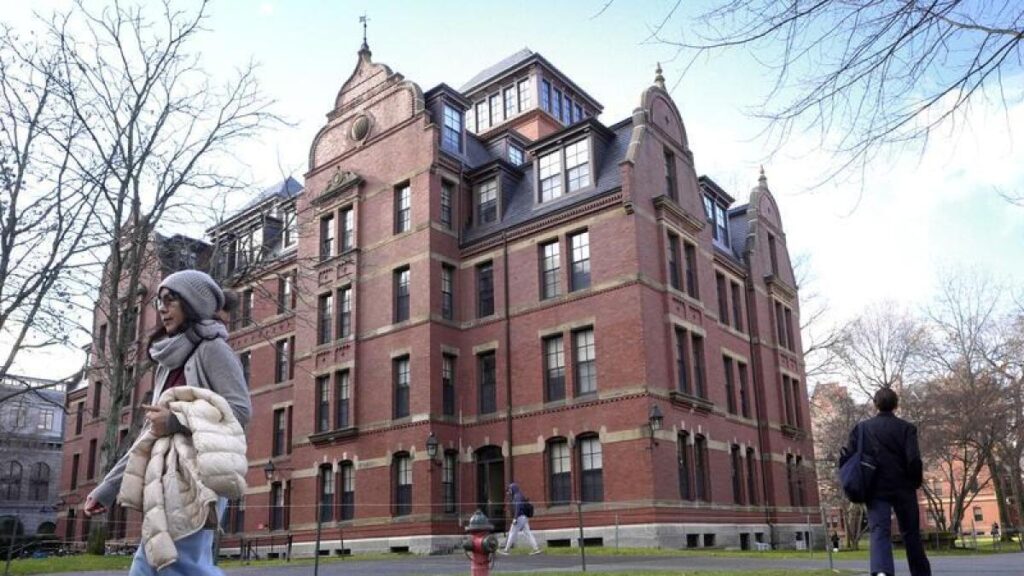
The Trump administration has imposed new financial restrictions on Harvard University, which could jeopardize its access to federal funding. This move is part of a broader effort to challenge universities over issues such as pro-Palestinian protests, diversity programs, and policies regarding transgender students. In a recent letter, the US Department of Education requested that Harvard secure a letter of credit amounting to $36 million to ensure that it meets its financial obligations.
The Education Department expressed concerns about Harvard’s financial stability, particularly following the university’s decision to issue bonds and implement layoffs amid ongoing tensions with the administration. The letter warned that Harvard risks losing access to all federal student aid funding if it does not comply with requests for records from its Office of Civil Rights. This office is currently reviewing whether Harvard still considers race in its undergraduate admissions process, a practice that the US Supreme Court ruled unlawful in 2023.
Harvard has not publicly responded to inquiries regarding these developments.
Broader Context of University Scrutiny
The Trump administration’s scrutiny of universities is not limited to Harvard. In July 2023, the federal government settled investigations with Columbia University and Brown University. Columbia agreed to pay more than $220 million, while Brown committed $50 million to support local workforce development. Both institutions accepted several government demands as part of these settlements.
President Trump has been vocal about his expectations for Harvard, stating that the university should pay “nothing less than $500 million.” In a related matter, the government also proposed a settlement with the University of California, Los Angeles (UCLA), which included a staggering $1 billion payment. California Governor Gavin Newsom labeled this proposal an extortion attempt, especially in light of the federal government freezing nearly $600 million in funding for UCLA.
UCLA recently introduced new protest regulations to manage demonstrations on campus. These rules formalize interim policies established in September 2024, which were implemented after significant protests and violent clashes between pro-Israel and pro-Palestinian groups on campus. The new policies prohibit unauthorized encampments, ban masks for rule violators, and restrict outdoor spaces for demonstrations unless pre-approved.
As the administration continues to challenge universities across the country, the implications for Harvard and other institutions remain uncertain. The outcome of these regulatory actions may reshape the landscape of higher education funding and governance in the United States.







